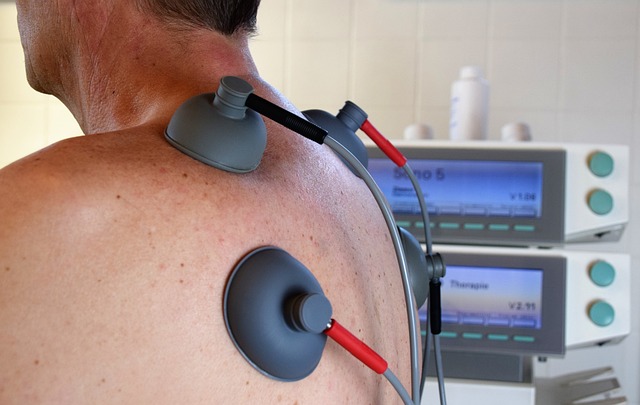In March, COVID-19 all but obliterated investors’ expectations for the year. How could it not? In a few short weeks, the global pandemic threw global markets into disarray, closed offices, mandated social distancing, and sparked widespread uncertainty. Innovators of all fields and disciplines have gone into overdrive, determined to find new ways to support consumers as they adjust to a quarantine environment that, increasingly, appears to be the new normal.
Chief among the industries that have been challenged and shaped by COVID-19 is digital healthcare. Since the onset of the pandemic, investment interests that were once positioned as front-and-center priorities have been placed to simmer on the back burner, reshuffled to accommodate the sudden, skyrocketing need for digitally-facilitated (and socially-distanced) digital healthcare solutions.
It is worth noting that even before the onset of the pandemic, the health innovation sector was doing well. According to Deloitte, both 2018 and 2019 saw significant upticks in investment for innovative care delivery startups and businesses that used AI, machine learning, and IoT technology to facilitate their care solutions. Investors in 2020 continued this pattern; by the end of April, health innovators had raised a record-breaking $4.9 billion.
But as the first quarter came to close, some analysts worried that the economic conditions posed by the pandemic would make such growth unsustainable.
As MedCity News’ Elise Reuter wrote in March: “We don’t think this very high-level funding is a good bellwether for what’s coming. Conditions have changed. This pandemic and the resulting economic downturn are all going to have a significant impact on the economy. Digital health companies are not going to be immune to that.”
And yet, months into the pandemic, the digital health sector has proven to be remarkably hardy. Despite high stock market volatility and record levels of unemployment, venture funding for digital health in the US is well on its way to setting new annual records.
According to a recent report from Rock Health, health innovation organizations raised a whopping $4.2 billion in Q2 2020, furthering the pattern of funding established in Q1. Analysts note that the first half of 2020 comprised the “most-funded six-month period on record,” with 377 deals and an average deal size of $25.1 million.
“It’s been said that there are decades where nothing happens; and then there are weeks when decades happen,” StartUp Health co-founders Steven Krein and Unity Stokes recently commented on the fast-paced fundraising.
“It’s crystal clear to us that over the past several weeks, decades have happened […] Entrepreneurs have introduced new health technology solutions to front line healthcare workers, caregivers, researchers and scientists, fellow innovators, patients and families at a scale and pace we would have said was impossible [in March].”
COVID-19 has sparked a wave of innovation in the healthcare sector — but, interestingly, many of the solutions coming to market aren’t limited to short-term pandemic response measures. Research published by StartUp Health indicates that the top-funded initiatives for 2020 span the gamut from telemedicine, insurance, cancer, wearables, pharmacy, and even general wellness.
“What we’re not seeing is a market dominated by telemedicine or remote care, despite the outsized growth in adoption those industries have seen of late,” one analyst wrote in StartUp’s report. “We’re also not seeing a market overwhelmed by COVID solutions. The list of top deals shows that the pandemic has inspired investors to go big on future-looking innovations that will be just as relevant five years on as they are during today’s outbreak.”
A few factors are driving this rampant growth. For one, investors have undoubtedly taken advantage of the unanticipated regulatory and reimbursement flexibility allowed during the pandemic. Health authorities understand that if COVID-19 cases spike, they may overwhelm local health centers and exhaust their resources. Technology-enabled healthcare solutions will help keep our healthcare system functional — and if they prove to be popular or helpful after the pandemic passes, so much the better.
That said, there is still uncertainty about whether the current rate of investment growth will persist into the remainder of the year. The United States has officially entered a recession, and the downturn’s long-term effect on consumer spending, supply chains, and investment markets remains to be seen. Moreover, as one analyst for Rock Health pointed out in a recent report, “a potential second wave of the virus could quickly reverse the Q2 public market rebound and growth in private digital health investment.”
That said, optimism is in order. It seems that — for now, at least — the digital health sector is taking enormous steps towards progress when we need it the most.







